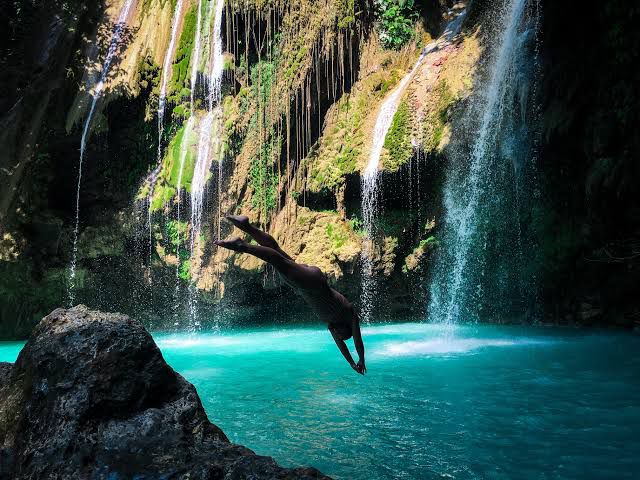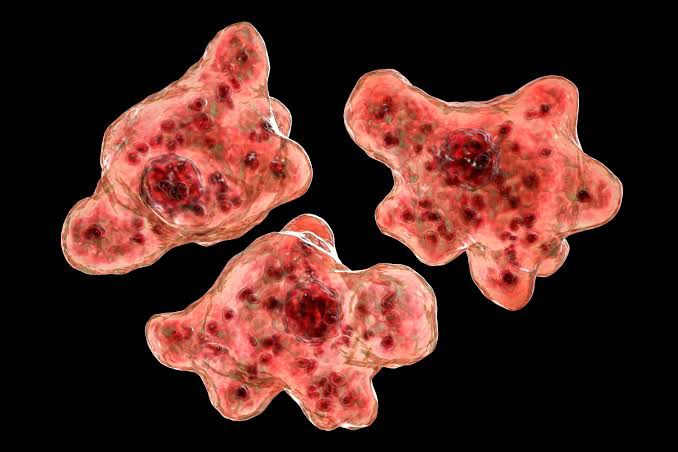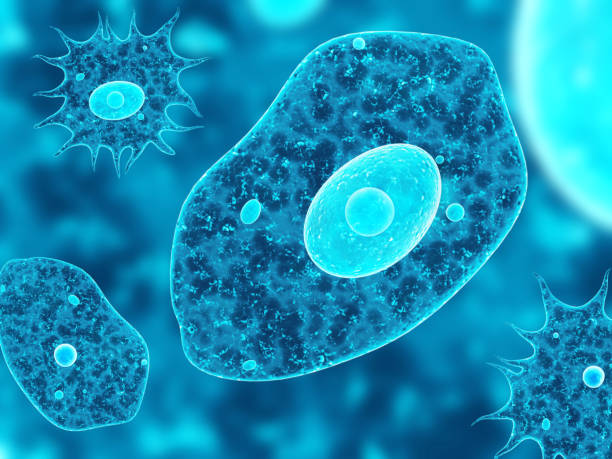
In a tragic incident, a Georgia resident has passed away after being exposed to a brain-eating
amoeba. The state health authorities have confirmed the incident and are investigating the
circumstances surrounding the individual’s exposure to the deadly organism.
In a tragic incident, a Georgia woman died after being exposed to a brain eating amoeba. The
Georgia Public Health Department announced it on 28th of July, making it the second death of
the month after a 2 year old boy died after contracting the rare infection at a natural hot spring in
Nevada. Earlier this year, another Florida man died after rinsing his sinuses with tap water,
thereby sending water up the nose.
What is Naegleria Fowleri Infection

Naegleria fowleri infection is a rare life-threatening condition caused by a single celled amoeba.
This usually thrives in warm freshwater bodies such lakes and ponds. The infection commonly
occurs when water containing Naegleria fowleri enters the body of an individual through his/her
nose which then makes it way to the brain where it causes inflammation of the brain and its
tissues leading to a fatal condition called primary amebic meningoencephalitis (PAM).
This inflection can be likely caught in warmer months of July, August and September. Scientists
conducted a test wherein they found that the amoeba is typically found at temperatures higher
than 80 degrees F.
How Rare is this Infection?
The risk of contracting this infection remains low because of its rarity. According to the US
Centre for Disease Control and Prevention, only 4 out of 154 people have survived this
infection in the United States between 1962 and 2021. With a mortality rate of 90%, the disease
spreads progressively causing the death of the person within a minimum of 5 days.
What Symptoms to Look for?

Symptoms typically occur between 1-9 days and start with headache, fever, vomiting and
nausea, stiff neck, lack of attention and confusion, hallucinations, trembling and coma. However,
the infection cannot spread from one person to another.
Health Advisory by Authorities Following the Incident
In response to this unfortunate incident recorded in Georgia, health authorities have advised
the public to avoid submerging their nose into freshwater lakes and ponds, particularly during
the summer months when likeliness of catching the infection is more. Nose clips can help
reduce the risk of catching the infection while submerging into freshwater bodies.
However, properly disinfected swimming pools cannot have the presence of the deadly amoeba in it, although in rare instances, occurrence of amoeba has been found in public swimming
parks where not enough chlorine has been put into the water by the authorities.
Kali Hardig, Brain Eating Amoeba Survivor

Kali Hardig overcame a near death like experience in 2013 after getting infected with Naegleria
fowleri. At the tender age of 12, she contracted the disease at a waterpark. She is one of the
two patients who have survived this infection in the last half century, making it out of the hospital
in nearly 7 weeks. Dr Sanjiv Pasala, the physician who helped Kali in her recovery said that she
was treated by doctors with anti fungal medicines which helped reduce her body temperature.
While in the hospital, the staff and family members decided to not tell Kali about the deadly
disease and rather chose to tell her that she has to fight off a disease like her mother who was
battling cancer then. Kali’s remarkable recovery serves as a reminder of the the importance of
awareness and precaution while engaging in water-related activities. Public spaces should be
more equipped with water safety measures to help reduce the risk of the infection.













